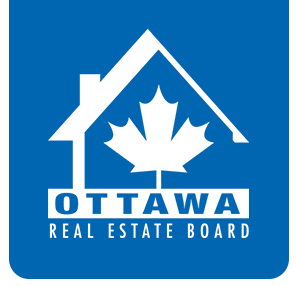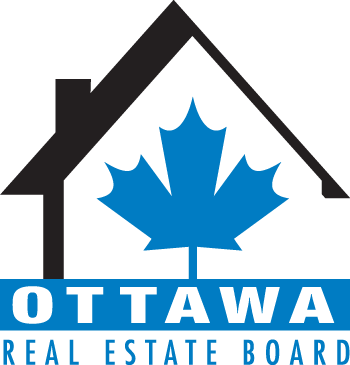Members of the Ottawa Real Estate Board sold 2,285 residential properties in March through the Board’s Multiple Listing Service® System, compared with 1,514 in March 2020, an increase of 51 per cent. March’s sales included 1,705 in the residential-property class, up 47 per cent from a year ago, and 580 in the condominium-property category, an increase of 65 per cent from March 2020. The five-year average for total unit sales in March is 1,688.
“A few factors contributed to the high number of resales in March,” states Ottawa Real Estate Board President Debra Wright. “Typically, real estate is heavily influenced by the weather, and we had remarkable and unseasonably warm temperatures last month, which facilitated Buyers’ ability to view and purchase homes.”
“Also, there was a significant uptick in the number of new listings that came onto the market. This total (2,798) was higher than the 5-year listing average, which hadn’t happened since July 2020, when the first lockdown ended. Ongoing pent-up Buyer demand meant that most of the properties that came on the market in March were quickly acquired.”
“Meanwhile, the 51% increase in transactions over last year can be attributed to the State of Emergency, which commenced mid-March 2020 and impacted overall sales that month. Measuring against a drastically reduced comparable made this year’s figure jump,” Wright points out.
March’s average sale price for a condominium-class property was $437,041, an increase of 18 per cent from last year, while the average sale price for a residential-class property was $758,802, an increase of 35 per cent from a year ago.With year-to-date average sale prices at $729,897 for residential and $415,054 for condominiums, these values represent a 32 per cent and 17 percent increase over 2020, respectively.*
“These accelerated price growths are purely a result of long-term inventory shortage. I don’t believe that Ottawa’s market is by any means out of control but rather is coming into its own. However, until there is action at all three levels of government to resolve our supply challenges, our housing prices are not going to stabilize. And this phenomenon is not occurring in our market alone; housing stock scarcity is a nation-wide issue.”
“We have already seen an upturn in new listings coming onto the market, and we are hopeful this trend will continue. In fact, there may be some pent-up supply as Sellers have held back during the pandemic even though the market has been more active than expected throughout.”
“Sellers will benefit from the advice of a REALTOR® who can ensure they are marketing and pricing their properties competitively and strategically. At the same time, Buyers continue to be challenged with a shortage of offerings and need to be equally strategic with the guidance of their REALTOR®,” Wright concludes.
OREB Members also assisted clients with renting 1,079 properties since the beginning of the year compared to 746 at this time last year.
* The Board cautions that the average sale price can be useful in establishing trends over time but should not be used as an indicator that specific properties have increased or decreased in value. The calculation of the average sale price is based on the total dollar volume of all properties sold. Price and conditions will vary from neighbourhood to neighbourhood.


